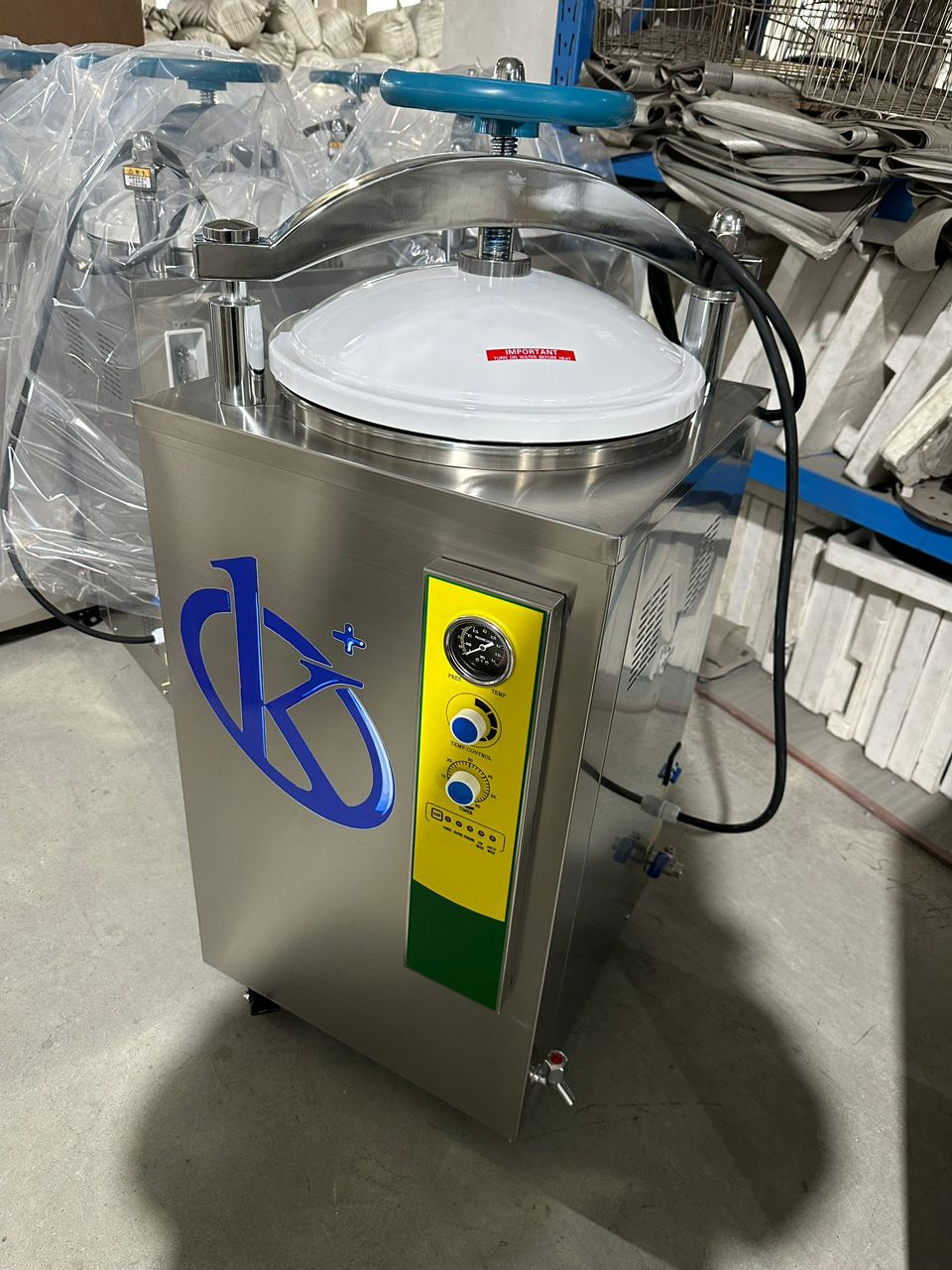An infant warmer is a medical device designed to provide a temperature-controlled environment that helps newborns maintain their body temperature, usually babies who have been born prematurely or with some pathology or disease.
In general, this equipment has a heating element to provide a temperature not higher than 39 ° C radiant type, regulator to stabilize the temperature of the newborn and maintain the temperature or the selected heating power, as well as allows the monitoring of parameters of control.
Thermoregulation is a critical physiological function in newborns. In them, the capacity to produce heat is limited and the loss mechanisms may be increased according to gestational age. When heat loss exceeds the body’s production, a series of physiological and thermoregulatory mechanisms are initiated to increase body temperature, all at the expense of high energy consumption. And when the newborn loses the ability to maintain its normal body temperature, it enters a state of hypothermia, consuming glucose and oxygen to produce heat, thus generating a situation of risk of hypoxia and hypoglycemia.
During the care process it is important to establish guidelines focused on reducing heat loss, and thus prevent hypothermia early. If the newborn is not able to maintain body temperature, thermoregulation should be started with the infant warmer or crib, the objective of which is to maintain normal body temperature in the newborn.
What is the principle of your operation?
Thermal energy can be transferred in three ways: conduction, convection, or radiation. In infant warmers, heat transfer is carried out mainly by radiation, that is, the source of thermal energy is separated from the heat receptor and this heat travels through the air in the form of electromagnetic waves.
In general, infant warmers are made up of 3 main components
- The heat source: This can be of several types, such as quartz, ceramic or infrared light tubes; diffusers or incandescent lamps.
- Control unit: This in turn includes audible and visible alarms, manual heater control and a servo controlled control.
- Platform and frame holder: It is the base on which the mattress is located, with transparent walls and frame holder for X-ray plates.
Additionally, they can also include a phototherapy lamp and one for physical examination. Because of their structure, infant warmers allow direct observation and easy access to the newborn, at the same time that constant heat is administered, thus maintaining its thermal stability. You should also keep in mind that unlike neonatal incubators that are closed systems, they do not use room humidification, since they are open systems.
Types of infant warmers
Infant warmers are classified into two groups, according to the control mechanism of their operation:
- With manual control: in them the parameter that is controlled is the maximum temperature that the heat source set by the operator must provide. It requires a permanent review of the patient by the operators.
- With automatic control: The parameter that is controlled is the temperature of the newborn. In these types of heaters, the heating elements turn on and off in response to changes in the baby’s temperature.
At Kalstein we are MANUFACTURERS and we offer you excellent children’s warmers at the best PRICES on the market. That is why we invite you to take a look at the Products menu. HERE



